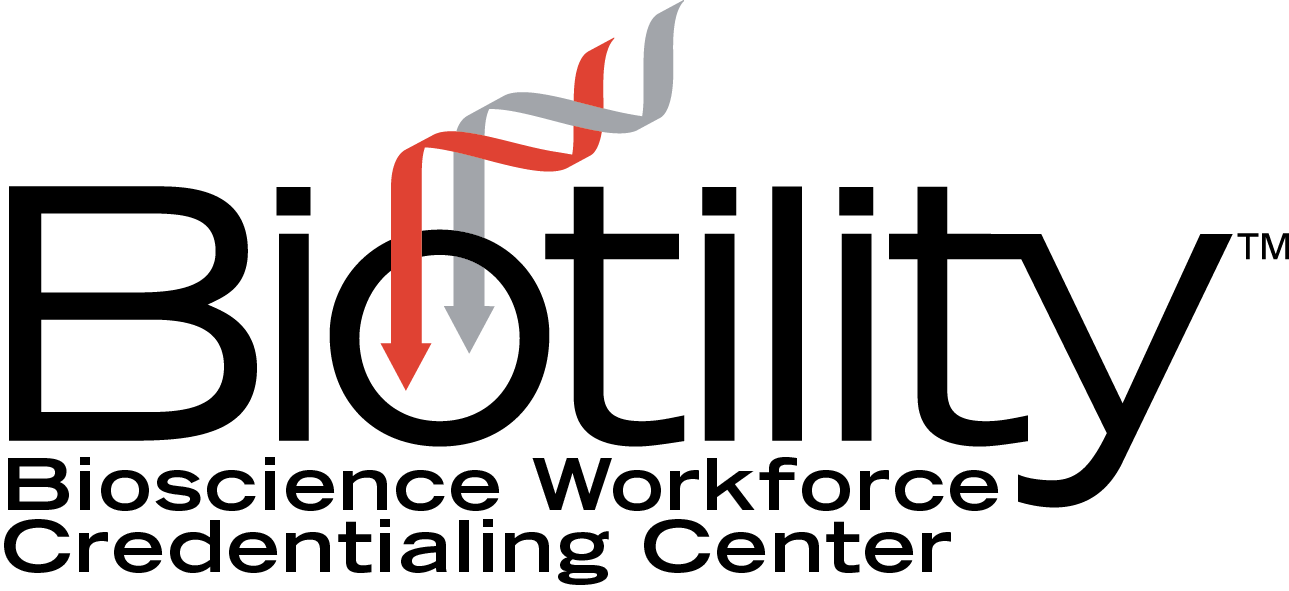Regulatory Compliance
Regulatory compliance is the process of following the laws, regulations, and standards that apply to an organization’s industry and operations. It’s an essential part of doing business and helps ensure that companies don’t engage in illegal or unethical practices. Compliance is a complex and critical aspect of ensuring that biotechnology-derived products are safe, effective, and manufactured to high standards.

Key Regulatory Considerations
- Regulatory Bodies and Frameworks:
- United States: The Food and Drug Administration (FDA) is the primary regulatory body overseeing biotechnology products. Regulations are detailed under the Federal Food, Drug, and Cosmetic Act (FDCA), the Biologics Control Act, and various FDA guidelines.
- European Union: The European Medicines Agency (EMA) is responsible for regulating biotechnology products. The EU has its own set of regulations and guidelines under the European Commission’s legislation.
- Other Regions: Many countries have their own regulatory bodies and frameworks, such as the Pharmaceuticals and Medical Devices Agency (PMDA) in Japan and the National Medical Products Administration (NMPA) in China.
- Product Categories:
- Biologics: Includes vaccines, blood products, gene therapies, and monoclonal antibodies. These are typically subject to stringent regulatory oversight.
- Pharmaceuticals: Includes drugs produced through biotechnological methods, such as recombinant proteins and biosimilars.
- Medical Devices: Biotechnology often intersects with medical devices, particularly with in vitro diagnostics and implantable devices.
- Regulatory Pathways:
- Preclinical Research: Requires approval for animal studies and must meet specific guidelines.
- Clinical Trials: Must be conducted according to Good Clinical Practice (GCP) standards and require approvals from regulatory authorities and ethics committees.
- Marketing Authorization: A rigorous process involving submission of extensive data on safety, efficacy, and manufacturing practices. The approval process can be lengthy and involves multiple phases of review.
- Compliance Requirements:
- Good Laboratory Practice (GLP): Pertains to the management and conduct of preclinical laboratory studies.
- Good Clinical Practice (GCP): Covers the design, conduct, and reporting of clinical trials.
- Good Manufacturing Practice (GMP): Ensures that products are consistently produced and controlled to quality standards.
- Good Distribution Practice (GDP): Relates to the proper handling, storage, and distribution of biotechnology products.
